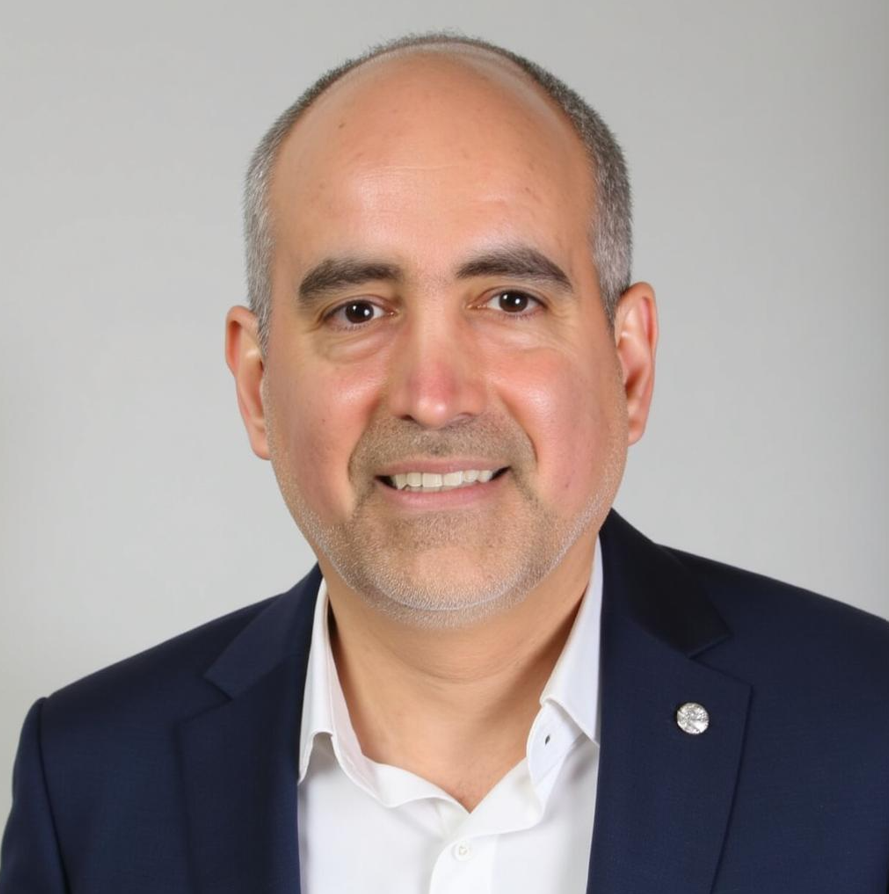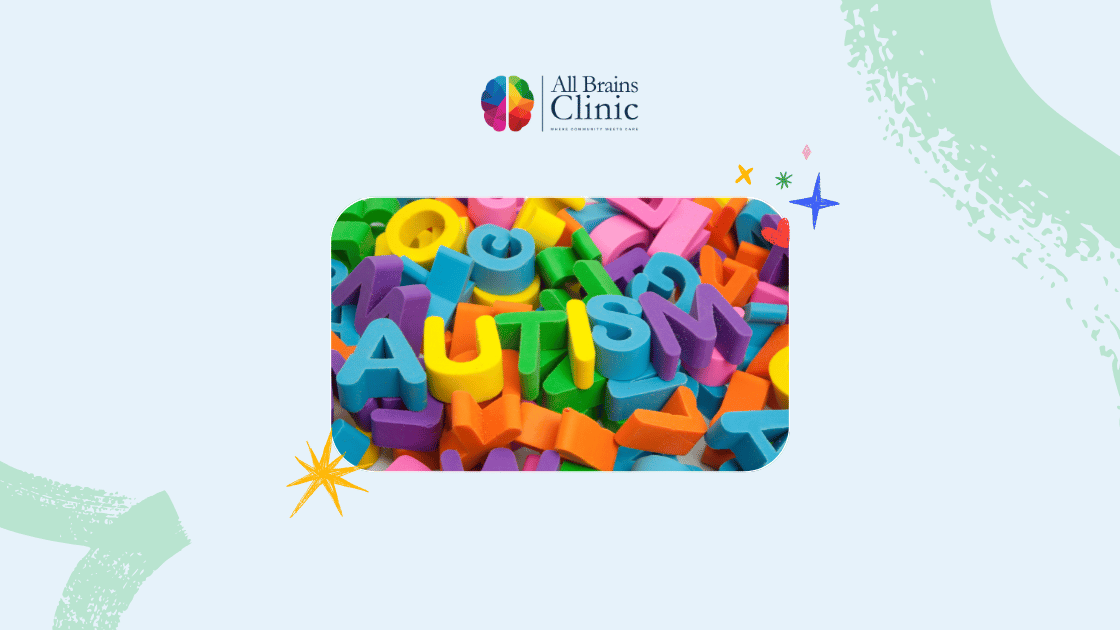You know your child better than anyone else in this world. You’ve watched them take their first steps, say their first words, and develop their own personality little by little. But sometimes, you might notice small things that make you wonder. They might not respond to their own name, avoid eye contact, or prefer to play alone. While these traits could simply be part of their unique character, they could also be a sign of something else, like autism.
It is natural to ask, At what age can I tell if my child has autism? But the truth is that there is no ‘right’ age, only patterns and milestones that can help you spot signs earlier. In this guide, we’ll go through when autism becomes noticeable, the signs you should look for by age, and why early diagnosis can make a great difference.

Signs of Autism by Age & What to Look For
As a parent or caregiver, one of the most important things you can do is learning the early signs of autism and the developmental milestones your child must be reaching.
Here is a general guide that gives you some examples of common types of behavior you can see in children diagnosed with autism spectrum disorder (ASD). Keep in mind that not all autistic children will have all these behaviors listed below; that’s why it’s important that they get a professional autism evaluation.
Signs of autism at any age include:
- Challenges with social interactions
- Poor speech and language skills
- Finding it tricky to maintain eye contact
- Having a hard time picking up on other people’s feelings and emotions
- Sometimes repeating words or phrases (known as echolalia)
- Experiencing strong feelings when small changes in routine or surroundings occur
- Having specific interests that they are really passionate about
- Engaging in repetitive behaviors like flapping, spinning, or rocking
- Showing heightened sensitivity to lights, sounds, textures, or colors

When Does Autism Become Noticeable?
For some children, autism becomes noticeable by their first birthday. Signs of autism in a 1-year-old child include:
- Very little or no babbling
- Very little or no back-and-forth gestures like pointing, showing, reaching, or waving
- Very little or no response when called by name
As a parent, it is most likely that you notice early signs of autism during this age because this is when social and communication skills usually grow quickly. If you feel like those skills are developing differently or not developing at all, trust your instincts; it’s probably worth exploring further.
If you’re concerned about your child’s communication or interaction milestones, a speech and language assessment can help identify strengths, challenges, and next steps to support their development.

What is the Process of Diagnosing Autism in Toddlers?
The process of diagnosing autism in toddlers usually starts during regular check-ups with a pediatrician. During these visits, doctors monitor key developmental milestones like eye contact, babbling, using gestures, and responding to their name. Between 18 and 24 months, many clinics use screening tools such as the M-CHAT-R/F, which is a simple questionnaire designed to identify early autism symptoms in babies. These screenings help pinpoint children who may need further evaluation, even if the signs are mild or inconsistent.
If any concerns arise from the screening, the child is then referred to a specialist for a thorough assessment. This evaluation typically involves various tools along with assessments of development and communication. The assessment looks at behavior patterns, language skills, play activities, and interactions with caregivers. Understanding what happens during an autism assessment can help families take early action, often before their child reaches preschool age, when early intervention can be most effective.

Can You Diagnose Autism in Infants? Understanding the Age of Autism Diagnosis
While some signs of autism can be noticed in infancy, most formal diagnoses are typically made between the ages of 2 and 4. This timeframe allows doctors and specialists to gather enough developmental history to make an informed assessment.
If you’re wondering when to test for autism, it’s best to discuss any concerns with your pediatrician as soon as they come up. They may recommend early developmental screenings and, if needed, refer you to a specialist. Even if your child is quite young, getting an early evaluation can be beneficial. It helps identify any support needs and allows for early interventions that promote communication and social skills.

What Happens After the Autism Assessment?
After your child completes an autism assessment, you’ll receive a helpful report from the assessment team. This report tells you whether your child meets the criteria for autism and highlights their strengths, needs, and areas where they could use some extra support. It’s filled with practical tips on how to help your child thrive at home, in school, and in social situations!
You can use this report to access additional support from schools and health services, request accommodations in the classroom, apply for funding, or explore therapy options. At All Brains clinic, we’re also here to guide you through the next steps, helping you understand the report, connect with local services, and fill out any required paperwork.
Navigating Support for Your Child
Navigating the journey after your child's assessment can be overwhelming, but our Autism Support service is here to help. We simplify the process by explaining the assessment results, assisting with essential paperwork such as funding applications, and connecting you with the right service providers and community resources. Consider us your bridge to practical support, ensuring your family has the guidance needed every step of the way!

Why Early Detection Matters for Your Child’s Development
Spotting autism early can really change how your child experiences the world around them. Whether you’re starting to see autism symptoms in babies or the early signs of autism in toddlers, recognising these patterns matters. Getting involved in early intervention programs can help with things like speech, social skills, and sensory needs, giving your child the tools they need to flourish.
For parents, knowing when autism becomes noticeable can bring a sense of relief. It helps you understand your child's behaviour better, adjust your expectations, and create a warm, supportive environment where they feel understood. No matter if your little one is an infant, toddler, or older, trusting your instincts and knowing what to look for can be one of the best steps you take on this journey together.

Dr. Ali Eslami, Chief Editor
Dr. Ali Eslami is a child psychiatrist at BC Children’s Hospital and All Brains Clinic with a PhD from Brown University. With expertise in neurodevelopmental disorders, autism assessment, and AI research in mental health, he ensures every article meets the highest standards. His sharp editorial eye guarantees clarity, accuracy, and credibility in all our content.

.svg)


.svg)
.png)



.png)


.svg)








.svg)




